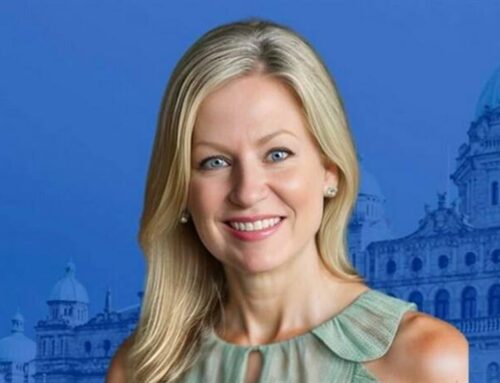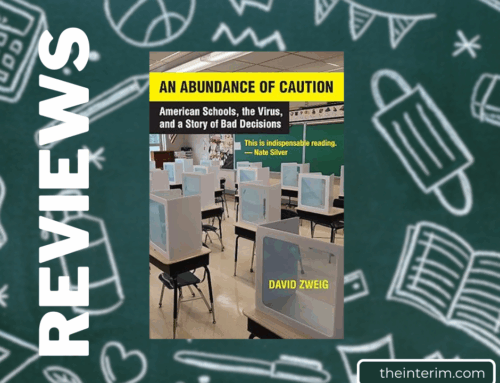Maurice Strong, the Canadian often credited with mainstreaming the environmental movement, passed away Nov. 28 at the age of 86. He was praised by Prime Minister Justin Trudeau as an “internationally recognized environmentalist and philanthropist” and a “global pioneer of sustainable development who left our country and our world a better place.” Jim Hughes, president of Campaign Life Coalition and vice president of the International Right to Life Committee, remembers Strong as “a zealot who legitimized the dark-side of environmentalist, the radical anti-population movement.”
Strong was a bureaucrat in the 1960s when he promoted the idea of issuing permits for parents to have children before bouncing between crown corporations such as Petro Canada and Ontario Hydro, private gigs with the Paul Desmarais-owned Power Corp, and various international environmental organizations.
He helped found the Canadian International Development Agency under Liberal Prime Minister Pierre Trudeau in 1968, the agency through which foreign aid funded population control programs. He organized the United Nations’ first environmental conference in Stockholm in 1972, where in his opening address talked about the need for “national population policies.” Strong became the first head of the United Nations Environment Program later that year and in 1992, he organized the UN Earth Summit in Rio de Janeiro. He championed sustainable development, saying free market economies would ruin the planet with excessive consumption. His twin goals were reduced consumption and reduced population.
Jacqueline Kasun points out in her book The War against Population said the term “sustainable development” was used relentlessly by green advocates and “the environmental population controllers hit the big time.” Hughes told LifeSiteNews, “this whole environmental movement is about depopulating the earth.” The Rio summit issued Agenda 21, a 40-chapter manifesto that repeated the mantra of “sustainable development,” even though it was never defined. Yet it clearly stated “the growth of world population”” caused “increasingly severe stress on the life-supporting capacities of our planet” and called for “measures to bring about demographic transition.” Agenda 21 also called for improved “reproductive health,” meaning abortion, contraception, and sex education. After the summit, Strong became a special assistant to the UN secretary general where he promoted his worldview.
To implement this environmental agenda, Strong advocated one-world government, including through the UN and Earth Council, a pair of global talk shops, and he helped found the UN’s Commission on Global Governance in 1992. Steven Mosher of the Population Research Institute said Strong successfully convinced 1,500 jurisdictions, including cities, to adopt Agenda 21 policies. Strong has said that democracy cannot produce the sort of “strong” leaders that are required to push politically unpopular policies that limit the choices of citizens in terms of energy policy and family size.
Strong’s wife Hanne created the New Age Manitou Centre on their 200,000-acre ranch in Colorado where she promoted a New Age religion of Gaia worship, promoting, according to its website, the “human spirit, consciousness and sustainability.”
In 2004 he returned to Ottawa as an unpaid adviser to then prime minister Paul Martin, whom he had hired to work at Power Corp. nearly three decades earlier. The next year he was implicated in the UN’s oil for food scandal and moved to China to avoid extradition to the United States to face criminal corruption charges.





